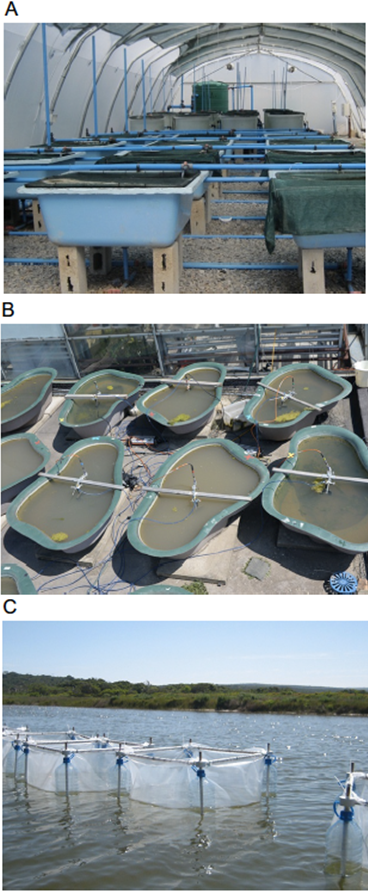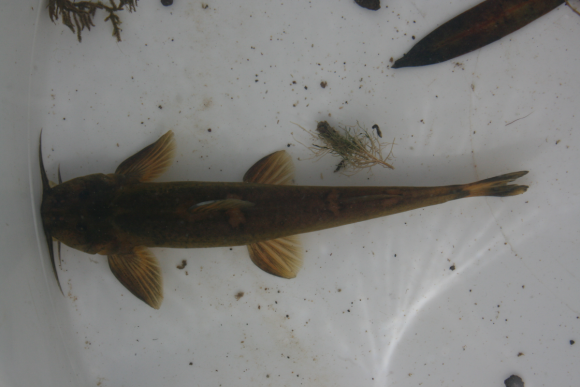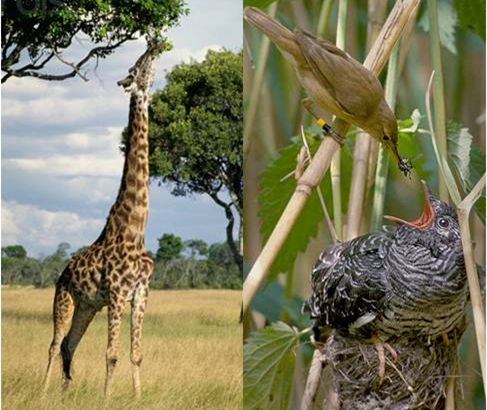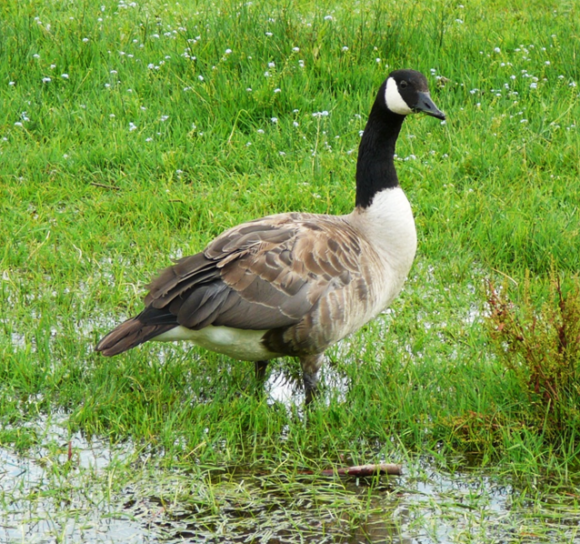
Freshwater ecosystems are under threat from many stressors, including climate change, pollution, habitat destruction and the invasion of non-native species. These stressors can have direct impacts on individuals (e.g. survival, reproduction), populations (e.g. range, abundance) and communities (e.g. biodiversity, richness). The effects of stressors on higher levels of organisation (e.g. food webs, ecosystem functioning), however, are less well known. A paper by C·I·B Associate, Michelle Jackson, published in Advances in Ecological Research, argues that future research on stressors should quantify changes in trophic interactions (i.e. the links in a food web), rather than simply focusing on traditional measures of diversity or abundance (i.e. the nodes in a food web). This is particularly important when it comes to invasive species, since they act as a stressor and a part of the food web, unlike physical stressors (such as increases in temperature). When invasive species become part of a food web, they may have numerous direct and indirect impacts on the native community by creating novel trophic links, and modifying or disrupting existing ones.
The paper categorise the potential effects of animal invaders on trophic links as direct consumption, indirect trophic effects (e.g. cascading interactions, competition) or indirect non-trophic effects (e.g. behaviour mediated). These effects of invaders on trophic links are often context-dependent, varying with invader traits (e.g. size, feeding rates), physical variables (e.g. temperature, pH) and the traits of the receiving community (e.g. predators, competitors). With accelerating rates of environmental change and the growing human population, it is especially important to understand how the effects of invaders will vary in the presence of other invaders and multiple environmental stressors. For instance, climate change may promote species invasions, or favour invaders over native species, exacerbating their impacts on food webs.
Multiple stressors (e.g. invasive species + climate warming) often cause impacts which are hard to predict because of both complex interactions between the stressors themselves, and interactions within communities (such as those between species in a food web). These unpredictable impacts have been termed ‘ecological surprises’ and global analyses indicate that they are very common (see Jackson et al., 2016). This creates problems for decision makers when prioritising which stressors to manage or control. Therefore, future research should be directed towards disentangling the food web effects of invaders from other environmental stressors. The paper also discusses some of the available methods for such studies, including controlled experiments and molecular tools.
Read the paper Jackson, M.C., Wasserman, R.J., Grey, J., Ricciardi, A., Dick, J.T.A and Alexander, M.E. (2017) Novel and disrupted trophic links following invasion in freshwater ecosystems. Advances in Ecological Research. 57, 55-97. https://doi.org/10.1016/bs.aecr.2016.10.006
For more information, contact Michelle Jackson at m.jackson@imperial.ac.uk



